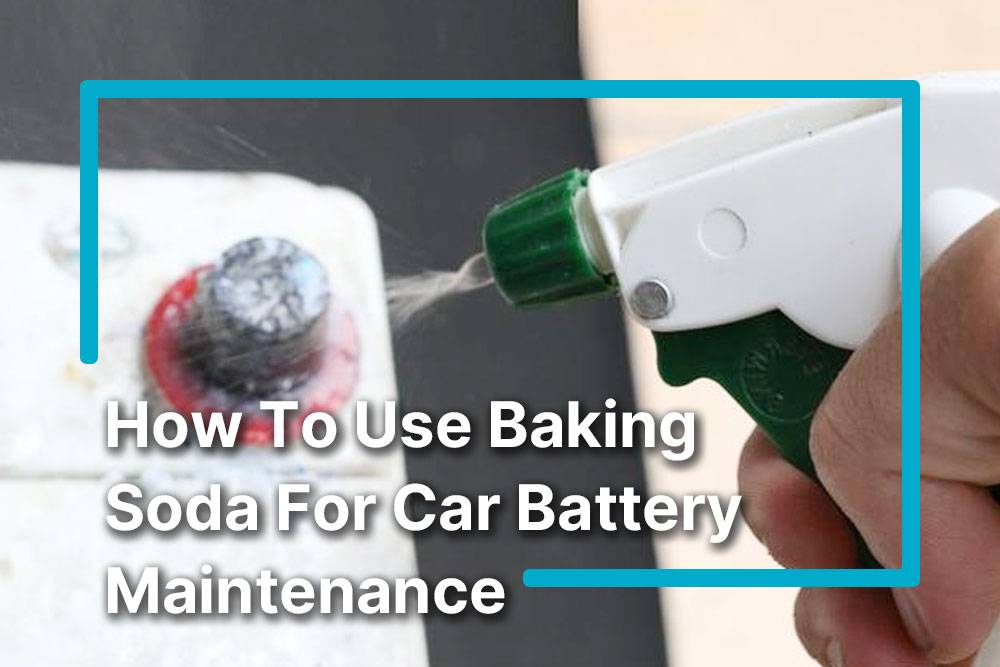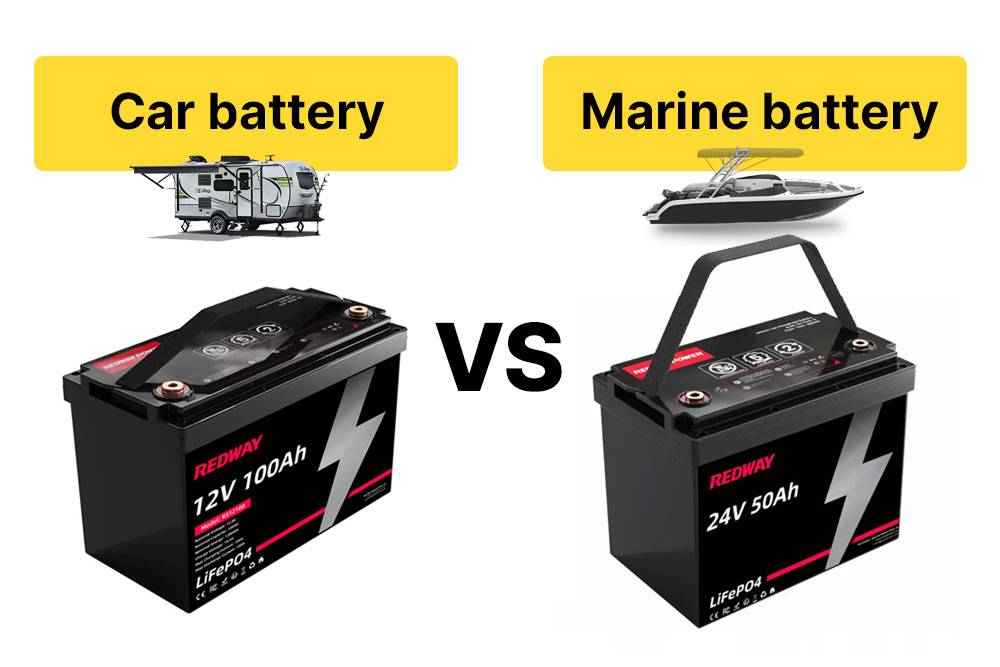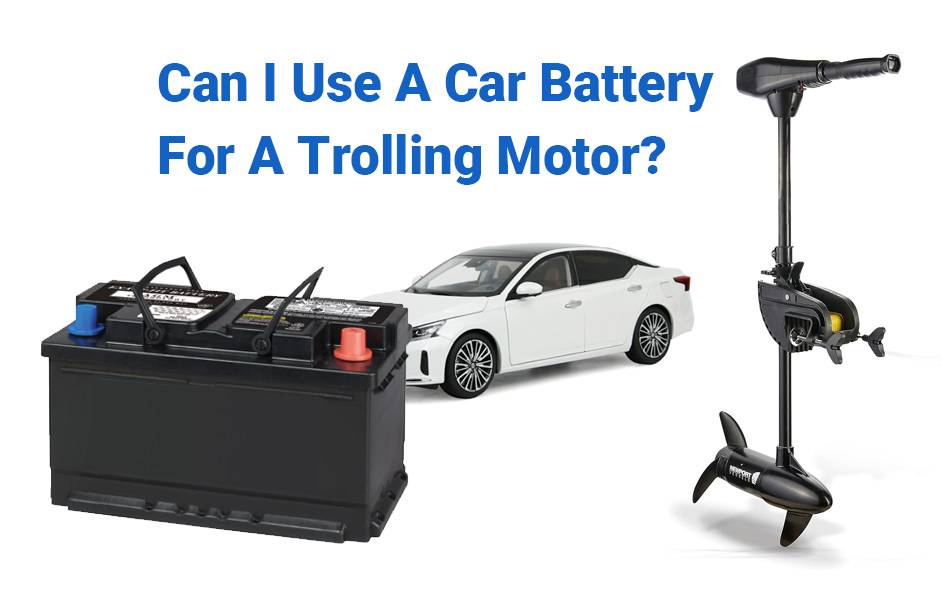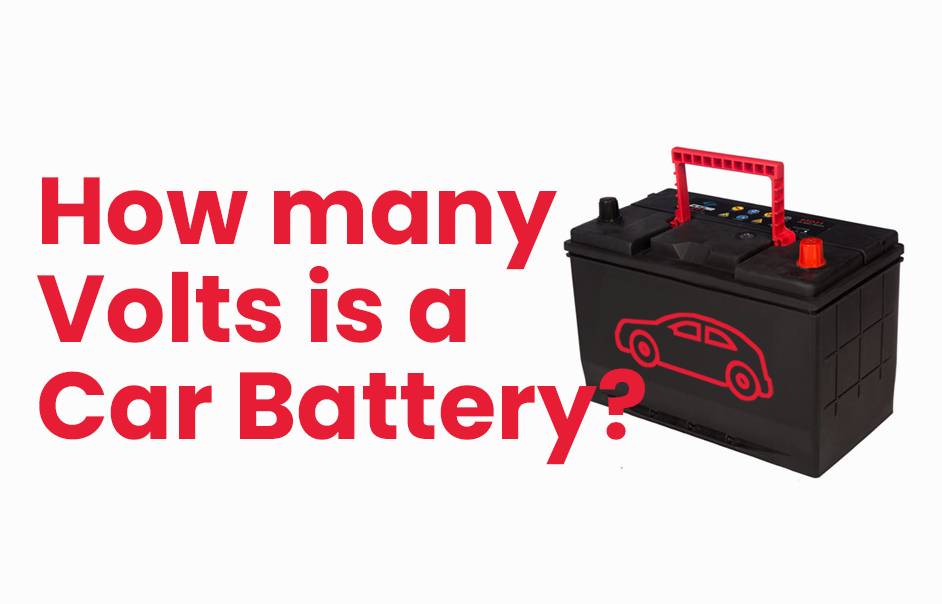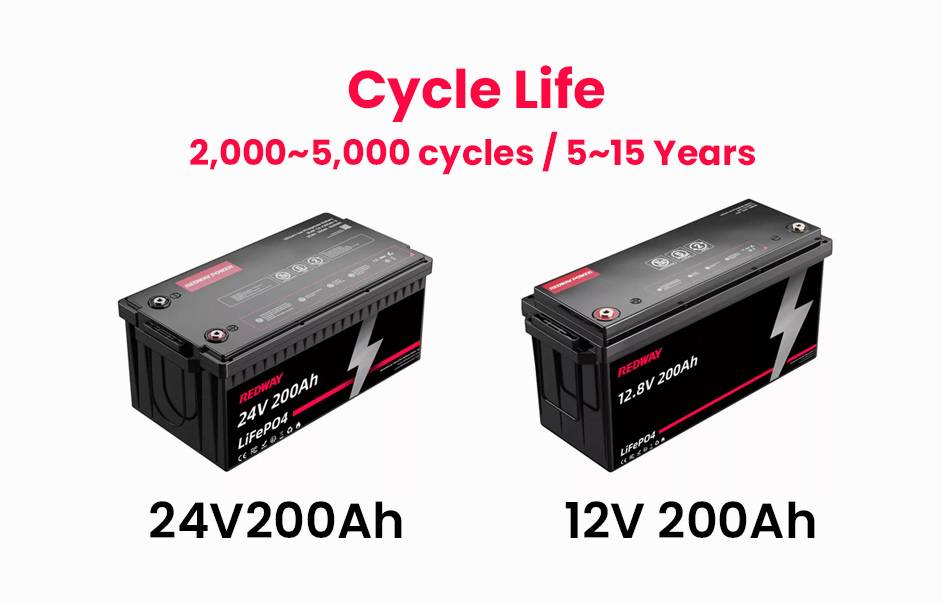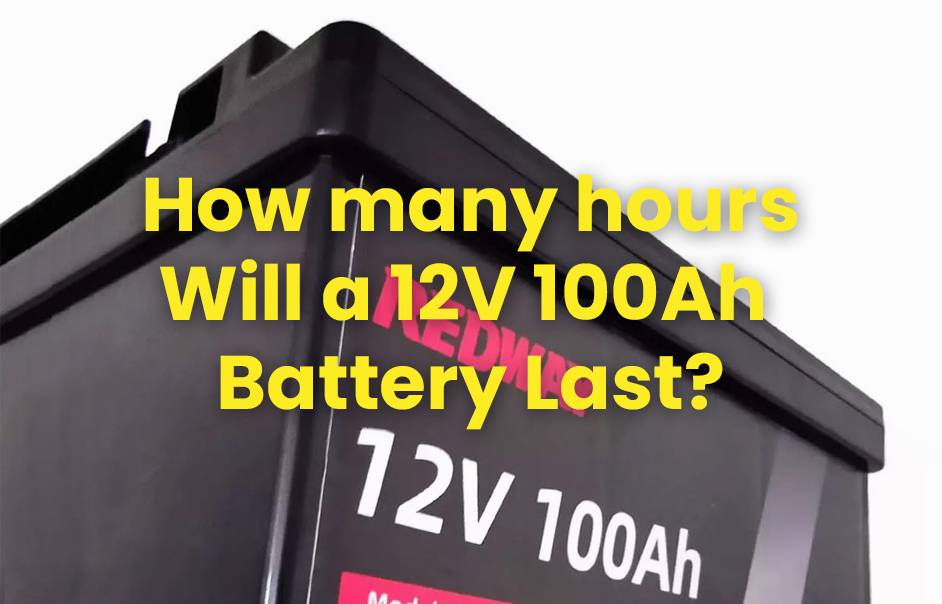- Forklift Lithium Battery
-
48V
- 48V 210Ah
- 48V 300Ah
- 48V 420Ah (949 x 349 x 569 mm)
- 48V 420Ah (950 x 421 x 450 mm)
- 48V 456Ah
- 48V 460Ah (830 x 630 x 590 mm)
- 48V 460Ah (950 x 421 x 450 mm)
- 48V 460Ah (800 x 630 x 600 mm)
- 48V 460Ah (820 x 660 x 470 mm)
- 48V 500Ah
- 48V 560Ah (810 x 630 x 600 mm)
- 48V 560Ah (950 x 592 x 450 mm)
- 48V 600Ah
- 48V 630Ah
-
48V
- Lithium Golf Cart Battery
- 12V Lithium Battery
12V 150Ah Lithium RV Battery
Bluetooth App | BCI Group 31
LiFePO4 Lithium
Discharge Temperature -20°C ~ 65°C
Fast Charger 14.6V 50A
Solar MPPT Charging - 24V Lithium Battery
- 36V Lithium Battery
- 48V Lithium Battery
-
48V LiFePO4 Battery
- 48V 50Ah
- 48V 50Ah (for Golf Carts)
- 48V 60Ah (8D)
- 48V 100Ah (8D)
- 48V 100Ah
- 48V 100Ah (Discharge 100A for Golf Carts)
- 48V 100Ah (Discharge 150A for Golf Carts)
- 48V 100Ah (Discharge 200A for Golf Carts)
- 48V 150Ah (for Golf Carts)
- 48V 160Ah (Discharge 100A for Golf Carts)
- 48V 160Ah (Discharge 160A for Golf Carts)
-
48V LiFePO4 Battery
- 60V Lithium Battery
-
60V LiFePO4 Battery
- 60V 20Ah
- 60V 30Ah
- 60V 50Ah
- 60V 50Ah (Small Size / Side Terminal)
- 60V 100Ah (for Electric Motocycle, Electric Scooter, LSV, AGV)
- 60V 100Ah (for Forklift, AGV, Electric Scooter, Sweeper)
- 60V 150Ah (E-Motocycle / E-Scooter / E-Tricycle / Tour LSV)
- 60V 200Ah (for Forklift, AGV, Electric Scooter, Sweeper)
-
60V LiFePO4 Battery
- 72V~96V Lithium Battery
- Rack-mounted Lithium Battery
- E-Bike Battery
- All-in-One Home-ESS
- Wall-mount Battery ESS
-
Home-ESS Lithium Battery PowerWall
- 24V 100Ah 2.4kWh PW24100-S PowerWall
- 48V 50Ah 2.4kWh PW4850-S PowerWall
- 48V 50Ah 2.56kWh PW5150-S PowerWall
- 48V 100Ah 5.12kWh PW51100-F PowerWall (IP65)
- 48V 100Ah 5.12kWh PW51100-S PowerWall
- 48V 100Ah 5.12kWh PW51100-H PowerWall
- 48V 200Ah 10kWh PW51200-H PowerWall
- 48V 300Ah 15kWh PW51300-H PowerWall
PowerWall 51.2V 100Ah LiFePO4 Lithium Battery
Highly popular in Asia and Eastern Europe.
CE Certification | Home-ESS -
Home-ESS Lithium Battery PowerWall
- Portable Power Stations
How Long Does a Car Battery Diagnostic Typically Take?
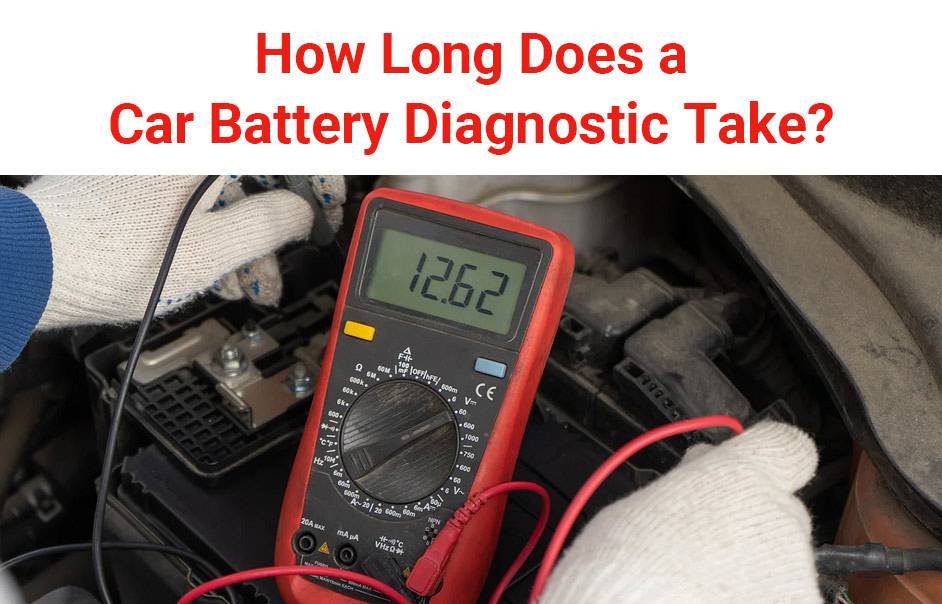
A car battery diagnostic typically takes between 30 minutes to a few hours, depending on various factors such as the complexity of the issue and the specific tests performed. Understanding the diagnostic process helps car owners better manage their vehicle’s maintenance and anticipate potential issues.
What steps are involved in a car battery diagnostic?
A comprehensive car battery diagnostic involves several key steps:
- Visual Inspection: Checking for corrosion, loose connections, and physical damage.
- Voltage Test: Measuring the voltage at rest and while the engine runs.
- Load Test: Assessing how well the battery performs under simulated load conditions.
- Electrolyte Specific Gravity Test: For lead-acid batteries, this measures electrolyte levels.
- Computerized Diagnostics: Using onboard systems to analyze performance.
| Diagnostic Step | Description |
|---|---|
| Visual Inspection | Quick check for physical issues (3-5 minutes) |
| Voltage Test | Measures voltage levels (5-10 minutes) |
| Load Test | Simulates load to assess performance (15-30 minutes) |
| Electrolyte Test | Measures electrolyte levels (20-30 minutes) |
| Computerized Diagnostics | Comprehensive analysis using tools (30 minutes to 1 hour) |
How long does each step of the diagnostic process take?
The time required for each step varies:
- Visual Inspection: Takes about 3 to 5 minutes.
- Voltage Test: Typically lasts around 5 to 10 minutes.
- Load Test: Can take between 15 to 30 minutes.
- Electrolyte Specific Gravity Test: Usually requires about 20 to 30 minutes.
- Computerized Diagnostics: This can take anywhere from 30 minutes to an hour, depending on vehicle complexity.
What factors influence the duration of a car battery diagnostic?
Several factors can impact how long a diagnostic takes:
- Complexity of Issues: More complex problems require additional tests and time.
- Technician Experience: Experienced technicians may complete diagnostics faster.
- Equipment Used: Advanced equipment can speed up testing processes.
- Battery Condition: A severely degraded or malfunctioning battery may require more extensive testing.
Why is it essential to perform regular battery diagnostics?
Regular diagnostics are crucial for maintaining vehicle reliability and preventing unexpected breakdowns. They help identify issues before they escalate, extend the lifespan of the battery, and ensure optimal performance, particularly before seasonal changes that can affect battery health.
Can you perform a DIY battery test, and how long does it take?
Yes, performing a DIY battery test is possible and can be done in about 15 to 30 minutes with minimal tools. Basic steps include checking voltage with a multimeter, performing a load test by starting the vehicle, and inspecting for corrosion or loose connections.
| DIY Testing Step | Estimated Time |
|---|---|
| Voltage Check | 5 minutes |
| Load Test | 10 minutes |
| Visual Inspection | 5 to 10 minutes |
Where can you get your car battery tested professionally?
Car batteries can be tested at various locations, including:
- Auto Repair Shops: Most shops offer comprehensive diagnostics.
- Battery Retailers: Stores like AutoZone or O’Reilly Auto Parts often provide free testing services.
- Dealerships: Manufacturer dealerships typically have advanced diagnostic tools available.
Tips for Battery Wholesale Buyers
When sourcing batteries for vehicles or OEM orders, consider these points:
- Quality Assurance: Ensure suppliers provide high-quality products that meet industry standards.
- Compatibility: Verify that batteries are compatible with various vehicle models and systems.
- Manufacturer Reliability: Choose reputable manufacturers like Redway Power, known for their quality lithium-ion solutions.
To place OEM orders with a reliable manufacturer like Redway Power, follow these steps:
- Research potential suppliers based on product quality and reviews.
- Contact them directly to discuss your specific needs.
- Confirm customization options to ensure compatibility with your applications.
Redway Power Expert Views
“Understanding how long diagnostics take can empower vehicle owners to make informed decisions about maintenance and repairs. At Redway Power, we emphasize quality assurance in our products, ensuring they meet rigorous standards for performance and reliability.”
FAQ Section
- How long does a typical car battery diagnostic take?
A typical diagnostic takes between 30 minutes to several hours depending on the complexity of tests performed. - What are common tests performed during a battery diagnostic?
Common tests include visual inspections, voltage tests, load tests, electrolyte specific gravity tests, and computerized diagnostics. - Can I test my car battery at home?
Yes, you can perform basic tests at home in about 15 to 30 minutes using simple tools like a multimeter.
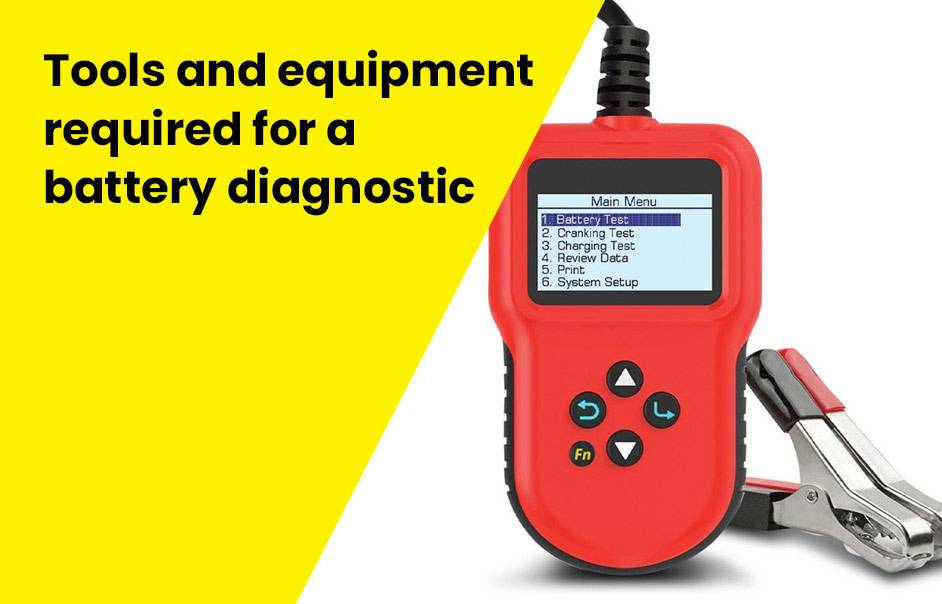
Why is battery maintenance important for my car?
Regular battery maintenance is crucial because it ensures that your car starts reliably. Neglecting maintenance can lead to unexpected breakdowns and inconvenience. Checking and maintaining your battery can also help prevent premature failure and save you money in the long run.
How often should I check my car battery?
It’s advisable to check your car battery regularly, ideally every few months or before long trips. Additionally, pay attention to any signs of battery trouble, such as slow engine cranking or dim headlights, which may indicate the need for immediate attention.
What are the signs of a failing car battery?
Several signs indicate a failing car battery, including difficulty starting the engine, dimming headlights, electrical issues like flickering dashboard lights, and a swollen or bloated battery case. If you notice any of these signs, it’s essential to have your battery tested and potentially replaced.
Can I extend the lifespan of my car battery?
Yes, you can extend the lifespan of your car battery through regular maintenance. This includes keeping the terminals clean and free of corrosion, ensuring proper fluid levels (for non-sealed batteries), avoiding deep discharges, and storing your vehicle in a cool, dry environment when not in use.
What should I do if my car battery dies unexpectedly?
If your car battery dies unexpectedly, you have a few options. First, you can try jump-starting your vehicle using jumper cables and a donor vehicle. If that doesn’t work, you may need to call for roadside assistance or a towing service to have your car taken to a mechanic for further diagnosis and potential battery replacement.
Where can I get a battery test done for my car?
To get a battery test for your car, there are several convenient options available. You can start by visiting any location where Interstate batteries are sold, as their professionals can provide you with a fast and accurate battery test. Another way to get your battery tested is by visiting your nearest repair shop or service lane – simply ask for a battery test there. If you’re unsure of where to go, Interstate All Battery Centers offer free battery tests and are a reliable option. These various locations make it easy for you to ensure your car’s battery is in good condition without any guesswork.
What can I do to extend the life of a dying battery?
To extend the life of a dying battery, there are a few steps you can take. First, pay attention to any signs that indicate your battery is failing, such as slow cranking or dimming lights. Once you notice these signs, consider getting a battery test at a repair shop or service lane to accurately assess the condition of your battery. This test will help you determine if your battery needs to be replaced or if there are ways to prolong its lifespan. Additionally, you can visit an Interstate All Battery Center for a free battery test, or ask for recommendations on reputable shops that can conduct this test for you. By being proactive and staying informed about the health of your battery, you can take the necessary steps to extend its life.
What does a car battery test analyze?
A car battery test evaluates the ability of the battery to store power effectively. Technicians utilize specialized battery testers to administer an electric charge to the car battery and observe how it reacts. This analysis aims to determine the condition of the battery and provide a straightforward assessment, typically indicating whether the battery is in good condition, has weakened, or requires immediate replacement. The test is designed to be quick and comprehensive, typically yielding results within a minute.
What is the importance of getting a battery test?
Getting a routine battery test is crucial for ensuring your vehicle remains reliable and always ready when you need it. By making battery tests a regular habit, you can reduce the chances of being caught off guard by a dead battery. It’s common for drivers to feel puzzled when told their battery is bad, especially if the car started without issue just moments before. However, professional repair shops have the necessary tools and expertise to accurately assess the health of your battery and predict when it may fail. By staying proactive and having your battery regularly tested, you can eliminate the uncertainty around the condition of your battery and ultimately enhance your overall car ownership experience.
How long can a car battery last on average?
On average, a car battery can last for a period of three to five years.















